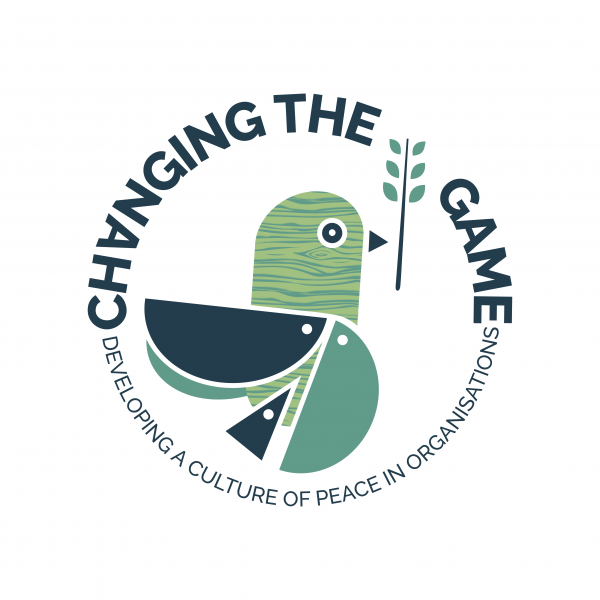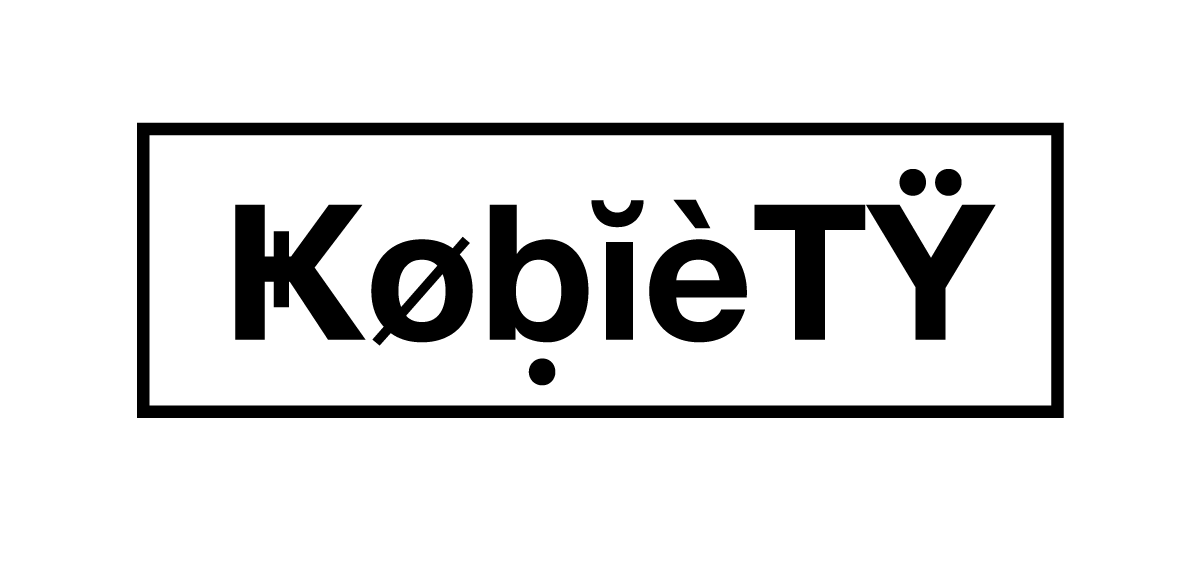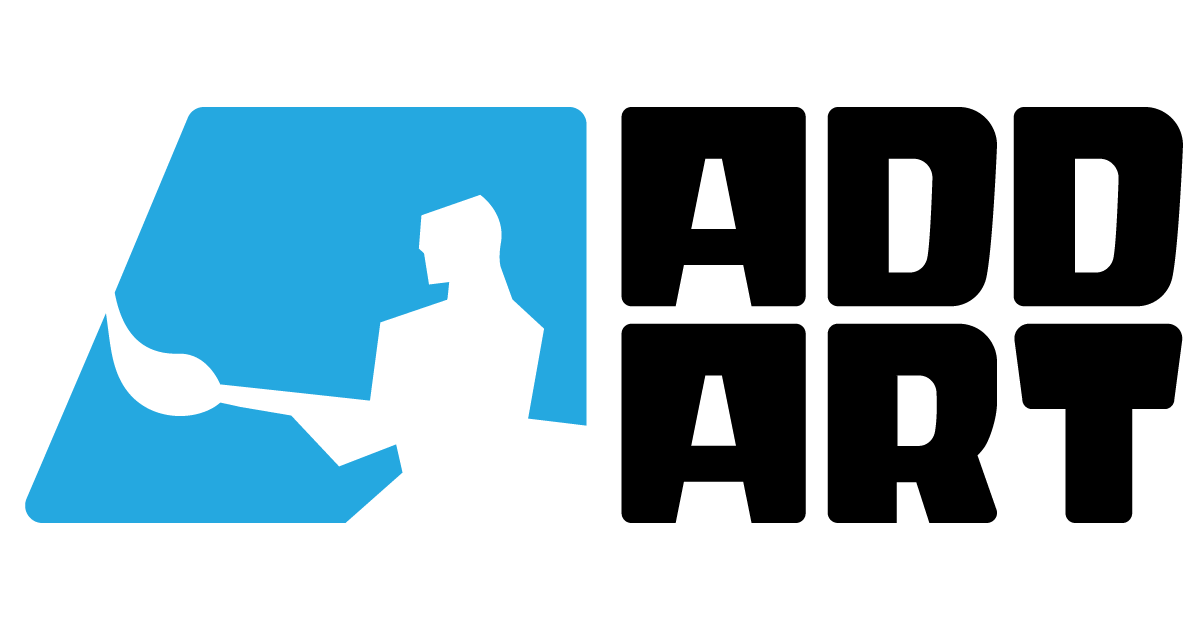About the project

This page is dedicated to the outcomes of a project “Changing the Game: Developing a Culture of Peace in Organisations''. During the project a team of creative and playful non-formal education trainers and peace activists developed a game about the Culture of Peace (CoP), accompanied by a Guide describing main concepts and methodologies.
The project has been financed by the Erasmus+ Programme for Adult Education by the National Agency in Latvia - the State Education Development Agency. It was a Long-term Strategic Partnership project between five social change organisations from Latvia, Greece, Poland, the Netherlands and the UK, from December 2020 to November 2022.
About the project
Starting with this project we quickly noticed how the concept of a Culture of Peace seems abstract and difficult to translate to daily life. We live in a world where people may feel overwhelmed looking at society and our planet moving towards an ecological catastrophe, while also experiencing conflicts at work, and perhaps struggling in their personal lives too, while lacking the skills and emotional capacity to manage everything. All those tensions on personal, interpersonal and community/ global levels create stress and even some sense of danger, which makes it more likely we respond automatically with a fight or flight response (confronting other people with anger versus running away from a problem), instead of pausing to find possible peaceful solutions. The creative partnership in this project, therefore, was established to make a tool that would make the concept of a Culture of Peace more practical and applicable to challenges in work environments (while the action cards can be applied to the personal, interpersonal and societal domains), and, given this somewhat ‘heavy’ topic, making it fun and playful.
The partnership started in the beginning of 2020 when we had a draft concept of what could be done, and started looking for funding. Sending a successful application to the Erasmus+ Adult Education Programme in April 2020 enabled us to start our work in January 2021. The creative work, as well as all the administration issues proceeded in online and offline meetings. We have travelled to the countries of our organisations to brainstorm and test different ideas. Finally, in each country the game was presented to local nongovernmental organisations and groups.





